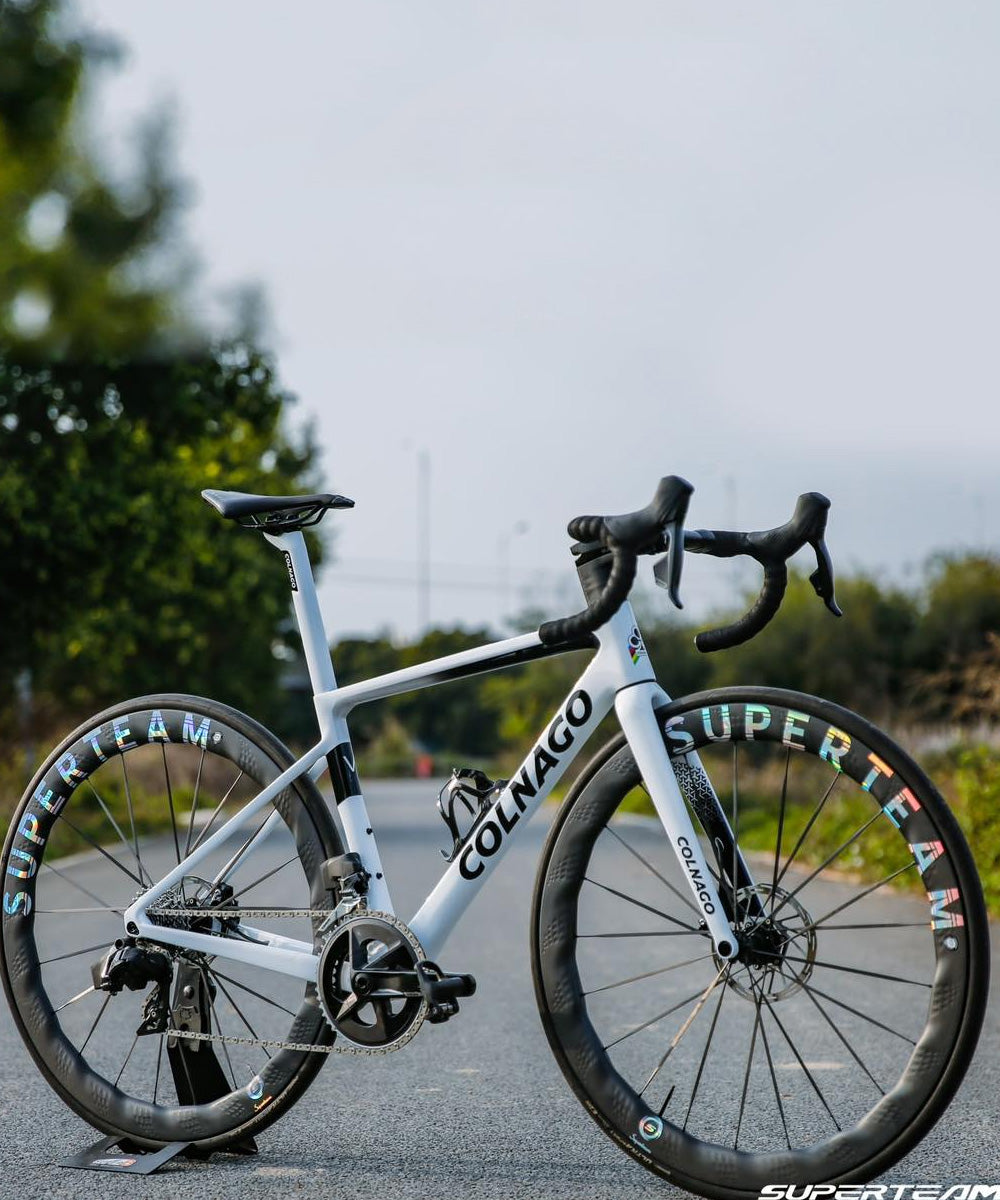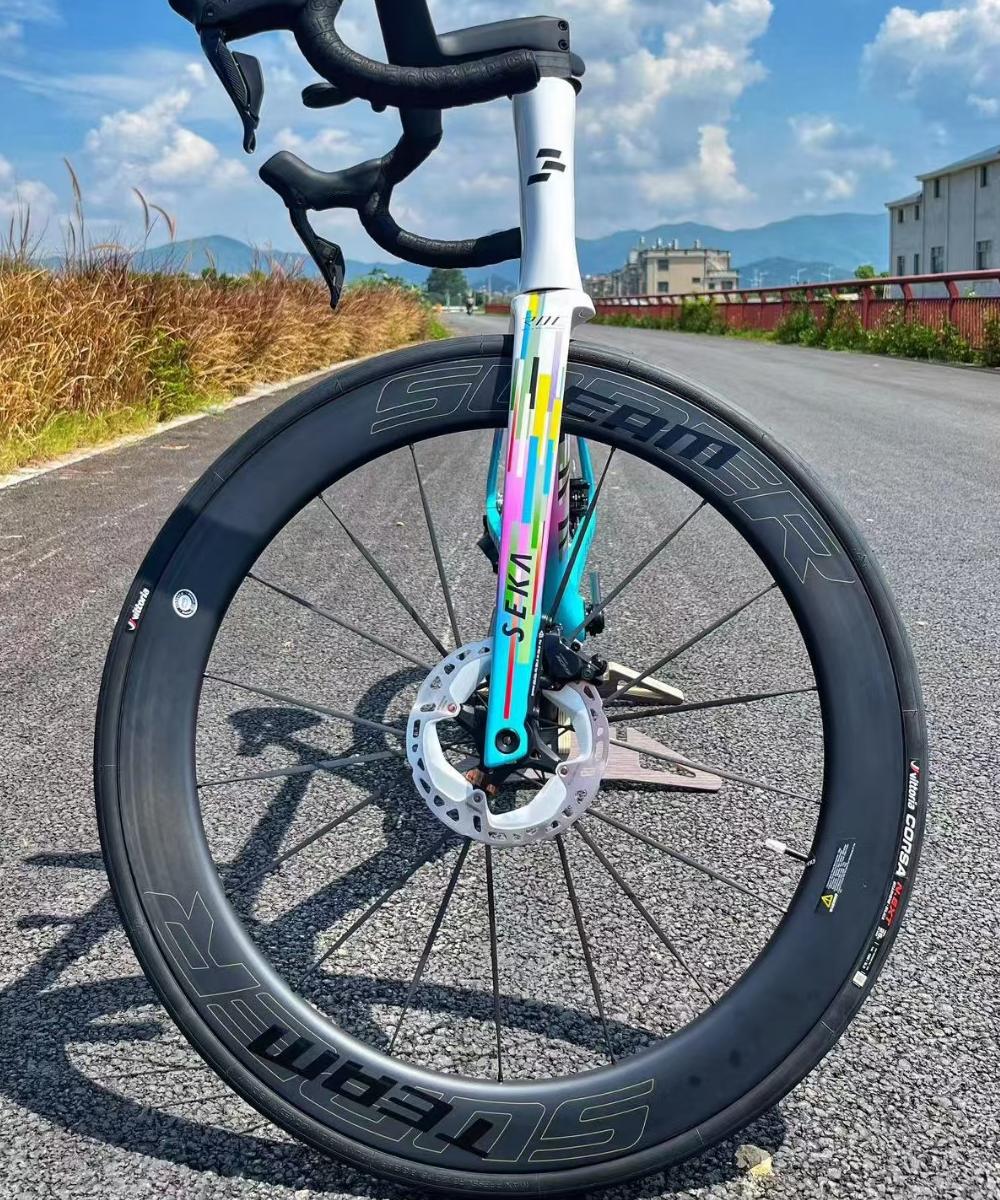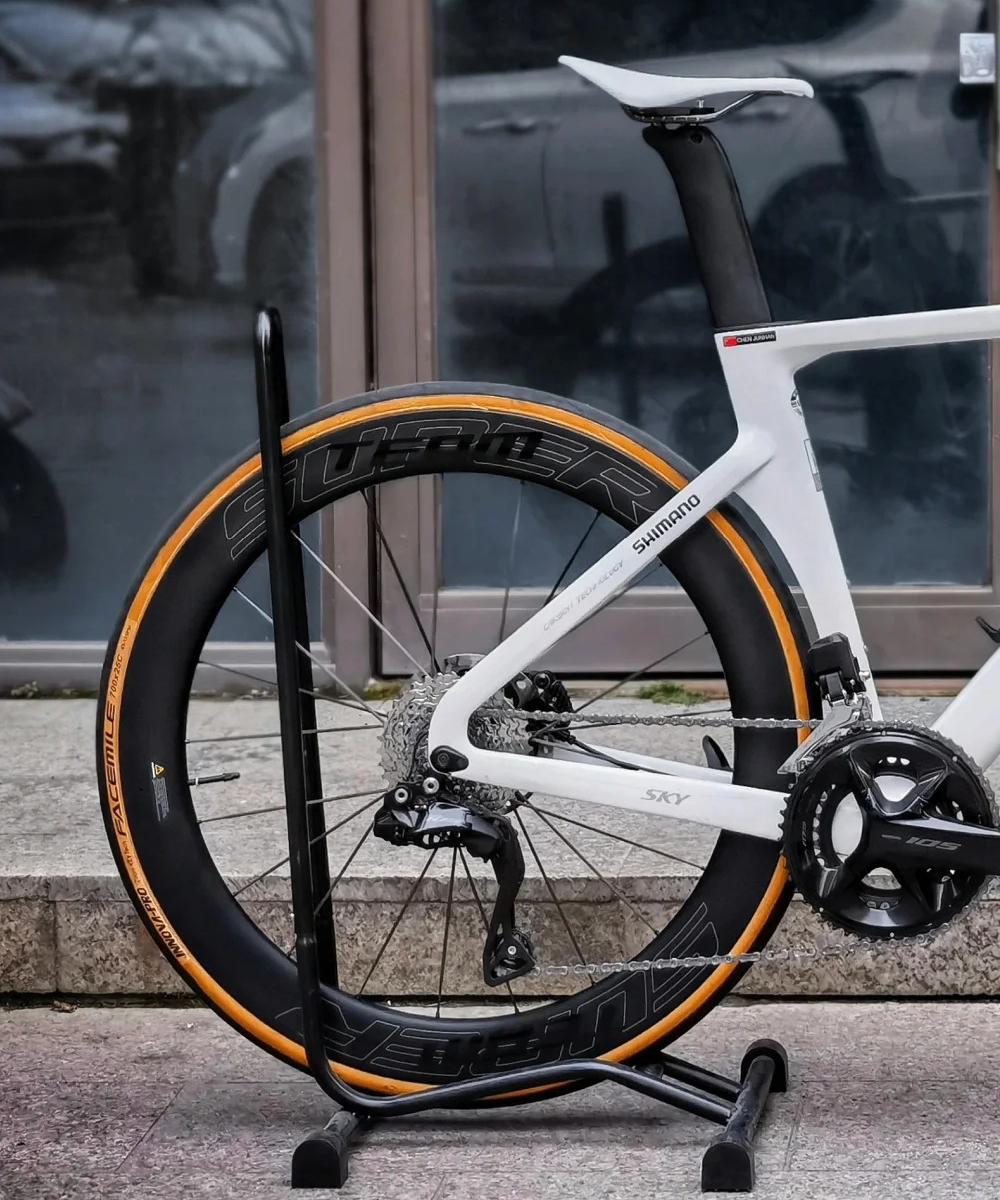The Growth of Fully Recyclable Aluminum Wheelsets: Are They Competitive?
As the cycling industry increasingly prioritizes sustainability, fully recyclable aluminum wheelsets are gaining attention as an eco-friendly alternative to carbon fiber wheels. Traditionally seen as the "entry-level" or "budget" option, aluminum wheelsets are now evolving with new designs, manufacturing processes, and environmental advantages that make them a compelling choice even in the performance sector.
But are they competitive when it comes to weight, aerodynamics, and ride quality? Let’s explore the growth of fully recyclable aluminum wheelsets and whether they deserve a place in your next upgrade.
1. Why Aluminum Wheelsets Are Getting a Second Look
Aluminum has been a staple material in cycling for decades, but recent advancements in alloy technology and wheel design are changing the conversation.
Key Reasons for the Rise:
Environmental Responsibility: Aluminum is 100% recyclable with no material loss, and the recycling process requires significantly less energy compared to carbon fiber manufacturing.
Improved Manufacturing: Precision welding, hydroforming, and tubeless-ready machining have greatly enhanced the performance of modern aluminum rims.
Lower Carbon Footprint: Brands are now marketing wheelsets with closed-loop recycling, reducing environmental impact from raw material extraction to end-of-life disposal.
2. Fully Recyclable vs. Traditional Aluminum Wheels
Not all aluminum wheels are created equal. Some newer models focus on full lifecycle recyclability by eliminating adhesives, using recyclable hubs, and minimizing composite content.
Features of Fully Recyclable Aluminum Wheelsets:
No bonded carbon or non-recyclable coatings.
Standardized alloy materials compatible with mass recycling facilities.
Minimal use of mixed materials that would complicate end-of-life processing.
These wheels are designed from the ground up to be disassembled and reprocessed efficiently.
3. Are They Competitive with Carbon Wheels?
✔️ Weight:
Modern aluminum wheelsets have become impressively light, with some high-end models weighing as little as 1,400g — closing the gap with mid-range carbon options.
✔️ Aerodynamics:
Advanced shaping and wider internal rim widths (up to 25mm) allow aluminum wheels to support wider tires and improve aerodynamic flow, though they still can’t match the extreme rim depths of carbon wheels.
✔️ Ride Quality:
While carbon wheels offer a stiffer, more responsive feel, some cyclists prefer the slight compliance and road vibration damping of well-designed aluminum rims.
✔️ Durability:
Aluminum is generally more impact-resistant and less prone to catastrophic failure compared to carbon. Minor dents may not immediately compromise the wheel.
✔️ Price Advantage:
Aluminum wheelsets remain more affordable, making them attractive for training, commuting, and budget-conscious riders.
4. Environmental Benefits: Closing the Loop
Fully recyclable aluminum wheels contribute to a circular economy:
Low-impact manufacturing.
Simple disassembly at end of life.
Material recovery without loss of structural integrity.
Brands like DT Swiss, Hunt, and some smaller eco-conscious manufacturers are already exploring aluminum wheelsets that can be fully recycled through standard channels.
Compared to carbon wheels — which are notoriously difficult to recycle — aluminum offers a clear sustainability edge.
5. Should You Consider Them?
Aluminum wheelsets make sense if you:
Prioritize sustainability and recyclability.
Ride in environments where durability and ease of maintenance matter more than minimal weight savings.
Want a reliable, everyday wheelset that’s affordable and eco-friendly.
Are looking for high-quality training wheels or a versatile backup set.
If you’re chasing top-end aero performance or ultra-light climbing wheels, carbon still has the edge.
But if you’re balancing performance, cost, and environmental responsibility, fully recyclable aluminum wheelsets are becoming an increasingly attractive option.
Final Thoughts: Competitive and Sustainable
The growth of fully recyclable aluminum wheelsets signals a positive shift in the cycling industry toward performance with purpose.
While they may not replace carbon at the WorldTour level, they are absolutely competitive for most riders — especially those who care about environmental impact without compromising on quality.
In the next few years, we can expect even more innovation in this space, potentially making recyclable wheelsets the new benchmark for responsible cycling upgrades.




